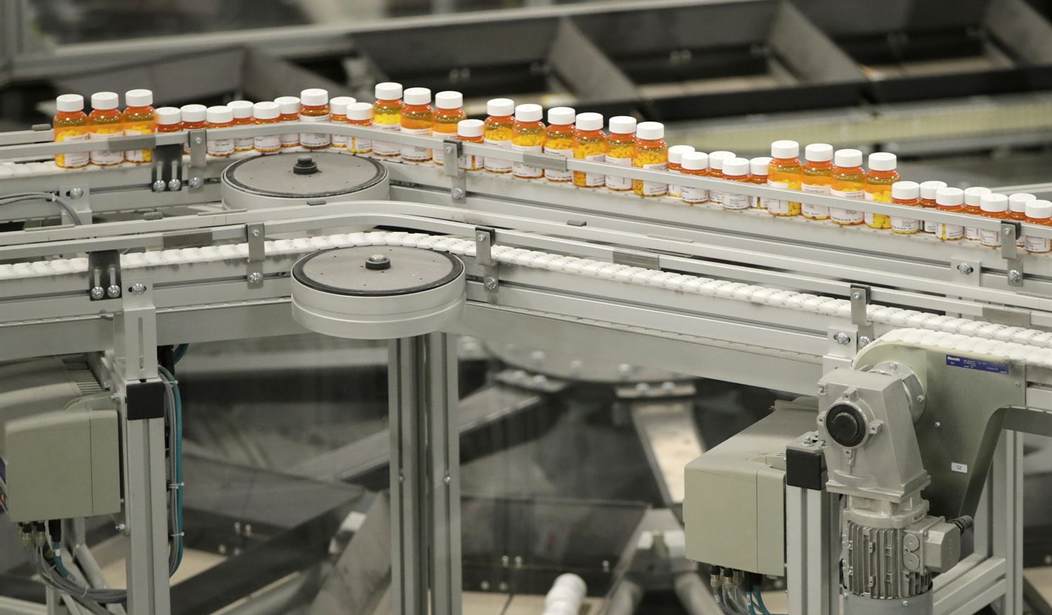Few American companies were as “picture perfect” as was Eastman Kodak in the 20th Century. As our nation celebrated its 200th Birthday in 1976, company executives could boast of a genuine “buy-centennial”: 90% of photographic film and 85% percent of the cameras bought in the United States were sold by Kodak.
But just as photographs can fade over time, so too can new technology eventually triumph in the marketplace. Even though a Kodak engineer invented a digital camera in 1975, the company opted to keep its emphasis on photographic film and equipment. When digital technology became dominant in the early 21st Century, Kodak was delisted from the Dow-Jones Industrial Average index in 2004 and filed for Chapter 11 bankruptcy protection in 2012. Kodak emerged from bankruptcy twenty months later, reorganized and restructured, intent on serving commercial customers.
Now Kodak is poised for a high-visibility comeback in pharmaceuticals instead of photography.
The worldwide spread of COVID-19 has not only sparked suspicions of unsafe medical research in China, it has also prompted greater scrutiny of America’s dangerous dependence on prescription drugs manufactured there. According to Commerce Department data, 95% of U.S. ibuprofen imports; 70% percent of acetaminophen; and nearly half of the penicillin imported to our shores comes from China. Prompted by that sobering data, as well as the pandemic,the Trump administration has embraced a policy of onshoring.
Onshoring is the process “of transferring a business operation that was moved overseas back to the country from which it was originally located.”
Recommended
To that end, President Trump has invoked the Defense Production Act (DPA) to help bring pharmaceutical and medical supply chains back to the United States. White House Senior Trade Advisor Peter Navarro has been deeply involved in determining which companies and facilities would best be suited for this endeavor. After deliberation with his team, Navarro decided that Kodak was a clear choice to make key starting materials and active pharmaceutical ingredients.
Appearing on the Fox Business Network, Navarro said, “by the time this thing ramps up, 25 percent of the [active pharmaceutical ingredients] for generics we need in the United States is going to be made right at that facility. It’s going to be the renaissance of the great state of New York as an industrial power.”
So, with that kind of endorsement, why hasn’t Rochester-based Kodak revved into action?
Controversy concerning a hefty loan from Washington and questions concerning actions taken by some company executives have combined to slow this important and necessary work.
There is no disputing the fact that the loan authorized by the DPA and provided by the Development Finance Corporation (DFC) is substantial: $765 million. Likewise, it cannot be disputed that this is a loan, not a grant. And because it is a loan, it must be repaid. The DFC provides loans to companies that will add value in public health pursuits but are unable to raise money at reasonable terms in private markets. Moreover, existing Big Pharma Firms, who could get substantial private loans, are so enamored with cheap Chinese manufacturing costs that they aren’t interested in bringing their business back to the U.S.
Currently, the DPA loan to Kodak is on hold because of questions concerning the timing of executive stock options. To clear the record,Kodak launched an internal investigation into the activity of the company in relation to the loan. Spearheaded by the law firm Akin Gump Strauss Hauer & Feld, LLC, and overseen by independent Board Members Jason New and William G. Parrett.
That investigation wrapped up this month and the board released the report in fullclearing Kodak of all alleged wrongdoings. With these concerns finally quelled, it is time for the loan process to go through and for Kodak to get to work; the threat of supply chain disruption and continued foreign domination of our prescription drug manufacturing is too great.
Reliance on generic drugs from overseas, especially China, presents a real national security risk. Let’s recall that in July 2018 a Chinese pharmaceutical company was forced to recall Valsartan, a high blood pressure medicine, from 22 countries across North America and Europe because it contained a carcinogen formerly used in the production of rocket fuel. Shockingly, some of that tainted Valsartan had made it into the military health care system on a short supply waiver thus endangering our active duty, reserve and retired service members and their families. And that was just the second mass drug recall from China that month after hundreds of thousands of children’s vaccines were exposed as defective.
That’s why the DFC should move forward with the Kodak loan. The establishment of domestic drug production at Kodak Pharmaceuticals would be an important step in improving a situation that is currently far from “picture perfect.”

























Join the conversation as a VIP Member